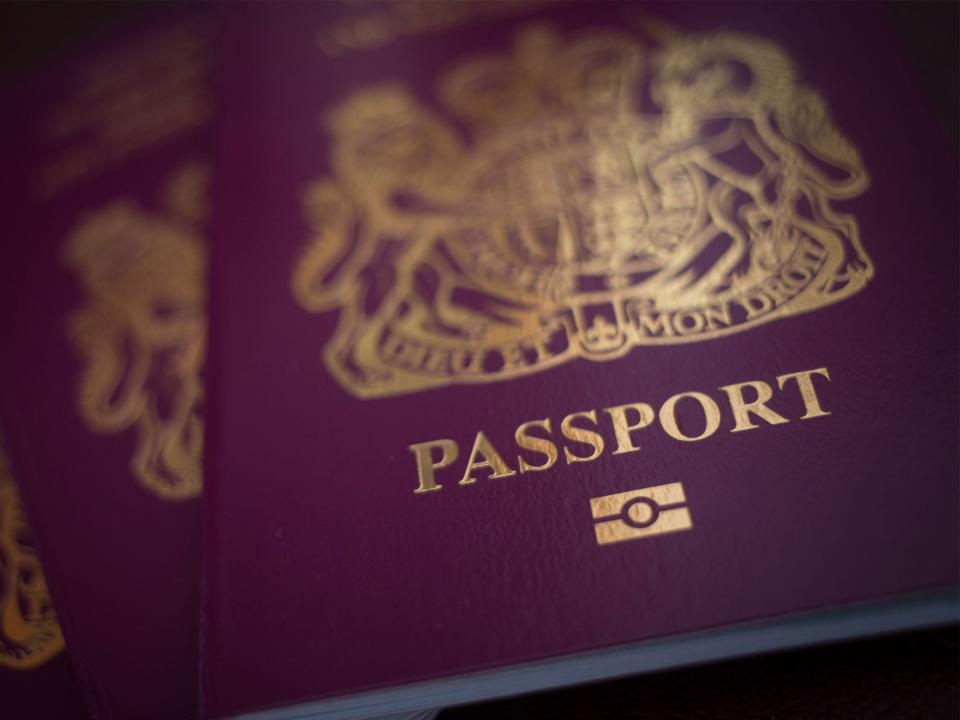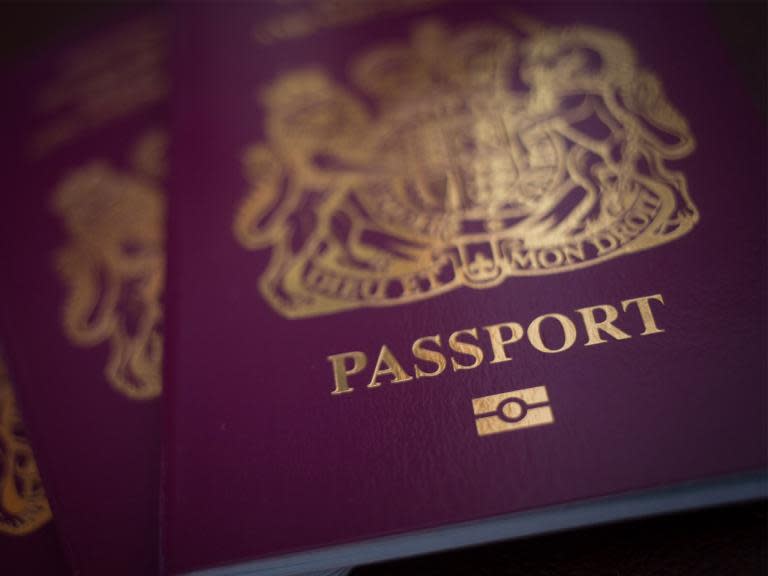Brexit: EU set to decide whether British citizens will need visas after no-deal
The European Commission will decide next month whether British citizens will need a visa to visit the EU in the event of a no-deal Brexit.
A draft agenda for the college of commissioners, effectively the EU’s cabinet, shows the body will consider whether “to place the UK on either the ‘visa required’ list of third countries or the ‘visa free’ list”.
The meeting, scheduled for 13 November, is part of the EU’s Brexit preparedness planning, which it last week pledged to step up after talks to sign a withdrawal agreement hit a wall.
The decision will apply to travel to all EU countries in the Schengen visa area, because of their coordinated visa and borders policy.
If the EU puts Britain on the “visa required” list, all British travellers who want to visit the continent will need to apply for the authorisation – at the price of 60 euros for adults and 35 euros for children.
The EU recommends that travellers make their application for visas six weeks before they are due to travel, to give enough time for the application to be processed. The application process is a three-page form.
Last week a law put before the French senate warned that without action “British nationals who enjoy the right of free movement and free establishment throughout the European Union” would face a “requirement to present a visa to enter the French territory and to justify a residence permit to stay there”.
The new bill sought to give the French government powers to address emergency issues that a no-deal Brexit might raise.
If a Brexit deal is signed, the UK will enter a 21-month transition period, during which free movement will continue until 2021. After that point how British citizens are treated will depend on what future relationship deal has been signed.
The EU is generally generous with visa exemptions: granting them to countries ranging from Venezuela, through the United Arab Emirates, to Ukraine. It is however not clear whether there would be scope or political will to grant one to the UK in the event of a no deal leading up to March 2019, however.
Even if the UK does get a visa exemption, British travellers will ultimately face more bureaucracy.
When EU’s new ETIAS (European Travel Information and Authorisation System) system comes in, all UK travellers will have to apply in advance and pay a fee to have their journey authorised.
The ETIAS system would likely apply to the UK even if a deal were struck, if free movement were ended, as the government intends it to be.
Croatia, Bulgaria, Romania, Cyprus, and Ireland are the only other EU countries not the Schengen visa area, and set their own visa policies.
Brexit talks have once again stalled after Theresa May made it clear to EU leaders at a meeting in Brussels last week that she could not accept their solution to the Irish border

 Yahoo News
Yahoo News 

